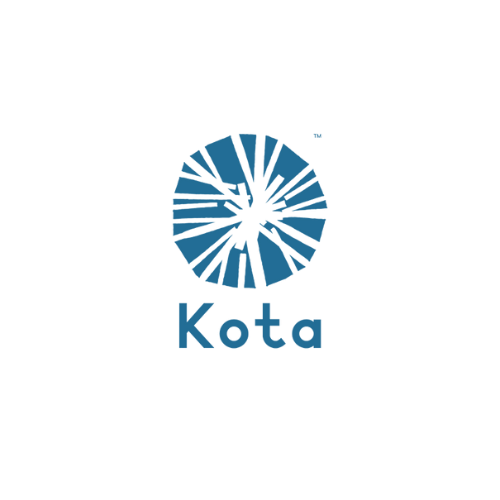Increasing Transparency in the Fashion Industry to Promote Inclusive Growth
By Tuuli Makinen and Anne Rahmouni
February 14, 2019 at the UN Headquarters, the Kota Alliance co-hosted a panel discussion about Increasing Transparency in the Fashion Industry to Promote Inclusive Growth with Hecho por Nosotros and Animana. The event was part of the UN 57th Commission of Social Development. The objective of the discussion was to create dialogue about the challenges and solutions for transparency and inclusivity in the fashion industry.
The event brought together people from different backgrounds: fashion, finance and the technology industry, NGOs, and advocacy groups, to discuss about a more sustainable fashion industry. The panelists Katherine Poole (HxN, Animana), Patrick Duffy (Global Fashion Exchange), Mari-Lou Dupont (UN Global Compact), Alden Wicker (Eco-Cult), Christopher Van Bergen (Nest) John Meyers (CSG Networks), Cara Hagan (GoodWeave), and Riefqah Jappie (International Trade Centre) led the discussion. The dialogue covered multiple topics such as supply chain transparency, artisan empowerment and the availability of sustainable and ethical clothing.
There were some key points that arose during the discussion. Having home-working artisans as a valid source is essential but it is also important to ensure safe working conditions for them. Education is needed in order to empower artisans who can be a source of innovation when we think about new materials and circularity. Working conditions concern not only retail chains but also governments and factories where the clothes are made. Consumers need better information in order to make better and more sustainable decisions, and brands are responsible for igniting connections between consumers and their clothes by sharing the stories of people behind the clothes.
The big C word was also mentioned – Collaboration! NGOs, brands and advocates have to continue working together, share information and incorporate better practices to make the fashion industry more responsible.
The atmosphere was hopeful and positive that the change will happen, and we can achieve a more sustainable fashion industry.

